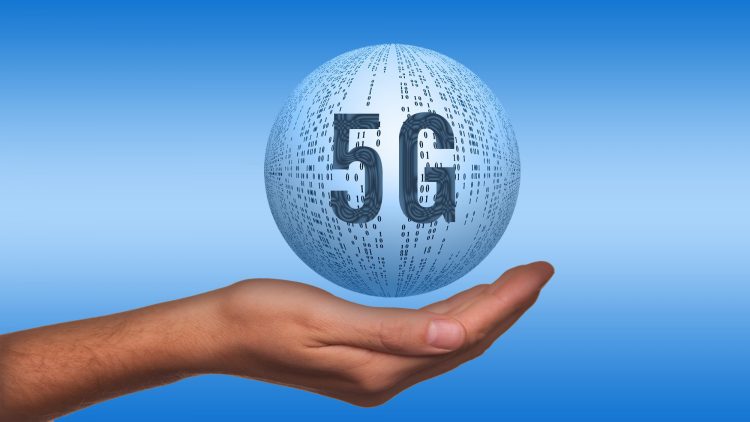hidden
Over 10 years experience of Traceability Solutions

By pharmatrax
Category: Technoloy
 No Comments
No Comments
How 5G Surgery Will Change the World of Medicine?
The medical world is a step closer to using wireless technology to perform remotely controlled surgery.
When performing surgeries, a crucial factor is to have them completed as flawlessly as possible in a short amount of time. And 5G surgeries with its more superior image quality will assist in doing just that. The world’s first 5G-powered telementored operation took place at the recent Mobile World Congress held in Barcelona.
“This is a first step to achieve our dream, which is to make remote operations in the near future,” said Doctor Antonio de Lacy, after providing real-time guidance via a 5G video link from a Barcelona congress centre to a surgical team which operated on a patient with an intestinal tumour about five kilometres (three miles) away at the Hospital Clinic. Doctors have telementored surgeries in the past using wireless networks but blazing fast 5G increases image quality and definition, which are crucial for medical teams to take decisions with as much information, and as few mistakes, as possible.
Experts predict in the future 5G will allow surgeons to control a robot arm to carry out operations in remote locations that lack specialist doctors. De Lacy, the head of the hospital’s gastrointestinal surgery service, used his finger to draw on a screen an area of the intestine where nerves are located and instructed the team how to navigate the surgery.
John Hoffman, the chief executive officer of mobile communications industry body GSMA, which organises the annual trade fair, said it was “the world’s first 5G mentored live surgery.””This is truly revolutionary and just one of the benefits that 5G will bring us,” he added.
During the operation the 5G connection had a lag time of just 0.01 seconds, compared to the 0.27-second latency period with the 4G wireless networks which currently predominate in developing nations. “If you are going to do remote assisted surgery, you need to be almost there in person. You cannot have more than a couple of milliseconds latency. And that is where 5G technology comes in,” said GSMA director general Mats Granryd.
Source: AFP RelaxNews



